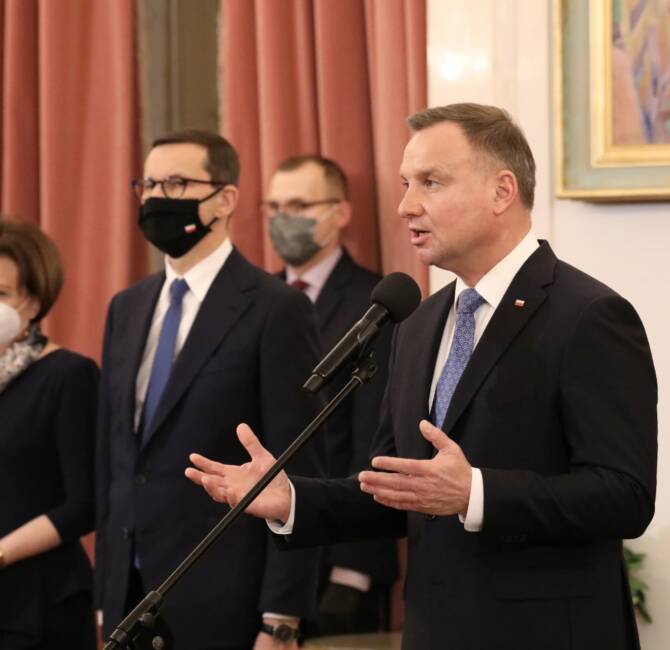Hungary/Poland/EU – The Advocate General of the Court of Justice of the European Union, Manuel Sánchez-Bordona, made public on 2 December his opinion on the actions brought by Hungary and Poland https://curia.europa.eu/jcms/upload/docs/application/pdf/2021-12/cp210217en.pdf against the regime of conditionality linked to the rule of law. The Spanish legal expert considers that these actions “should be dismissed”.
Hungary and Poland’s short-lived vetoes
On 16 December 2020, the European Union adopted a regulation establishing a “general regime of conditionality for the protection of the Union budget in the case of breaches of the principles of the rule of law in the Member States”, after Hungary and Poland withdrew their vetoes on the basis of a compromise drawn up by the German Presidency of the Council. This compromise provided that
the so-called rule-of-law mechanism may not be used in the field of family or immigration policy and will only be used in an objective, non-political manner, and only in cases where there is a direct link between a violation of the rule of law and a proven misuse of EU funds.
However, as we wrote back on 14 December 2020,
the problem is that the European Council’s conclusions on this mechanism are nothing more than a declaration of intent, with no legal force. What matters is the content of the regulation adopted in November by the European Parliament and the Council of the EU.
And Advocate General Manuel Sánchez-Bordona’s opinion on the actions brought by the Hungarian and Polish governments in March 2021 have just confirmed the regulation’s validity.
Rule-of-law mechanism compatible with European treaties, according to Advocate-General
Indeed, “ the Regulation is not intended to protect the rule of law by means of a sanction mechanism similar to Article 7 TEU [Treaty on European Union], but rather to establish a financial conditionality instrument to safeguard that value of the European Union”,
according to the Advocate General, who thinks that “the Regulation requires a sufficiently direct link between the breach of the rule of law and the implementation of the budget, with the result that it does not apply to all breaches of the rule of law, but only those that are directly linked to the implementation of the Union budget. Therefore, “it constitutes a financial rule within the meaning of Article 322(1)(a) TFEU” [Treaty on the Functioning of the European Union]. Sánchez-Bordona also considers that “Article 7 TEU does not preclude the use of instruments other than those in that article to provide such protection”, and that the regulation is therefore “compatible with the Treaties” and “with Article 7 TEU”. Consequently,
“the Advocate General proposes that the Court should dismiss the actions for annulment brought by Hungary and by Poland.”




